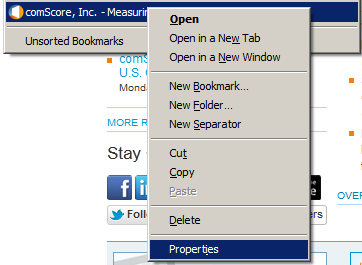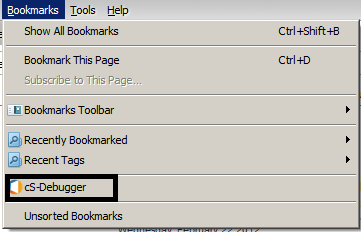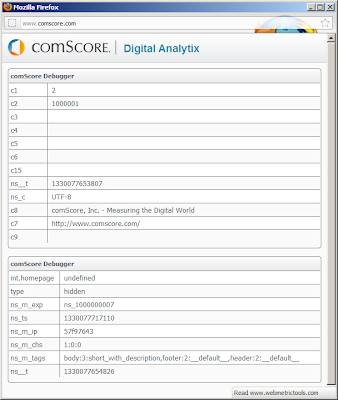Solution based selling is largely driven by suppliers attempt to escape dramatically increasing commoditizing pressure on individual products and services become less differentiated over time.
Relationship difference in the approach:
- Nature of Relationship
- Product Sell: Supplier reacts to purchase order
- Solution Sell: Supplier viewed as trusted adviser
- Selling Skills
- Product Sell: Strong Knowledge of product portfolio
- Solution Sell: Boardroom level engagement with customer
- Customer Experience
- Product Sell: Quality product/service at good price
- Solution Sell: Provision of strategic insight regarding customer's business
- Rise of consensus bases sale -> Its just like a car sales dealer has to convince a family before a luxury car is bought as opposed to a consumer report rating based car buy as its just another commodity. Understanding the team dynamics and interfaces between the department becomes very important.
- Increased risk aversion -> In the world of complex solutions, supplier success is often measured by the performance of the customers business, not the suppliers product. The risk factors are considered in the value proposition.
- Greater demand for customization -> Solutions are always bespoke to customers business model. The truth is everyone wants customization, no one wants to pay for it. The solution to this problem is to make processes a part of your solution and build innovative solution which are flexible to accommodate various process flows. In car market people say, "The design is free because it costs the same to make a bad design when compared to a good design"
- Too many cooks in the house: There is a rise of third party consultants who act on behalf of the clients for vendor and services selection.






